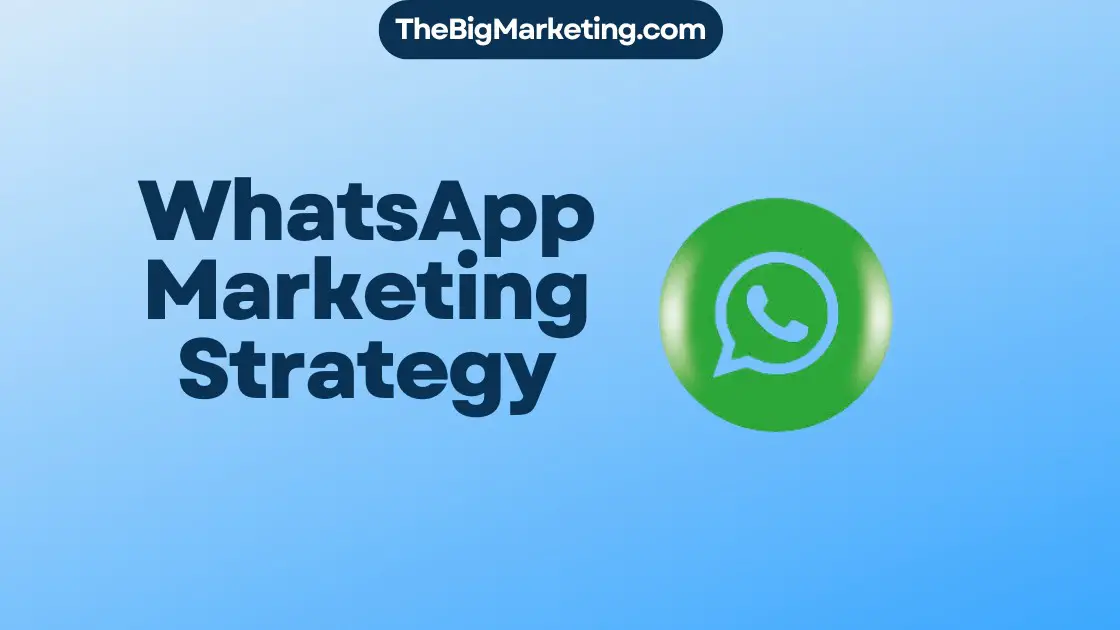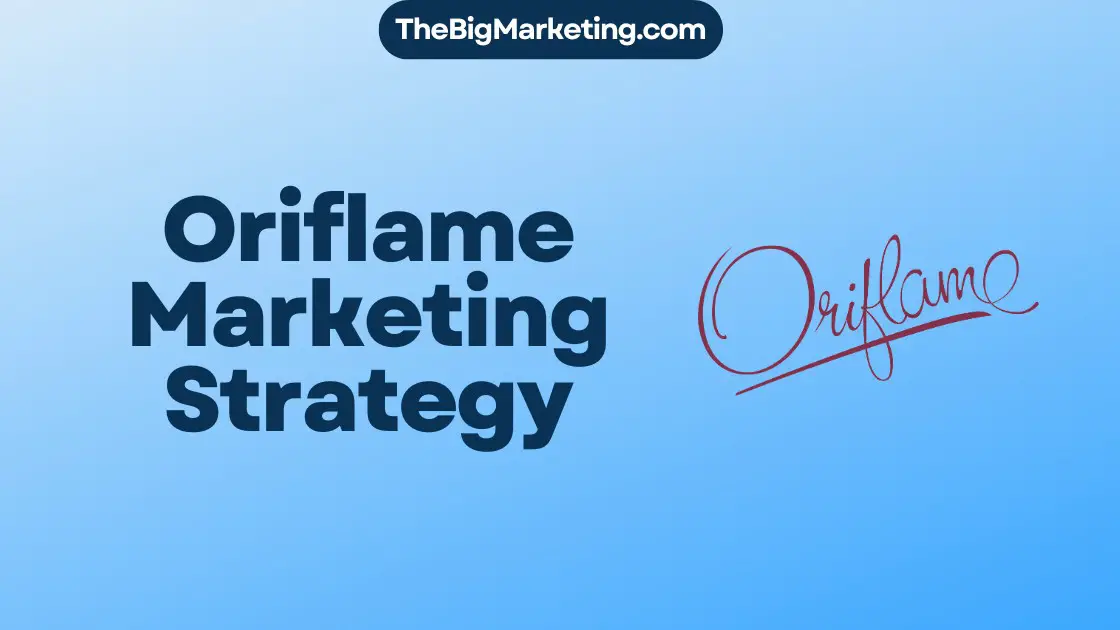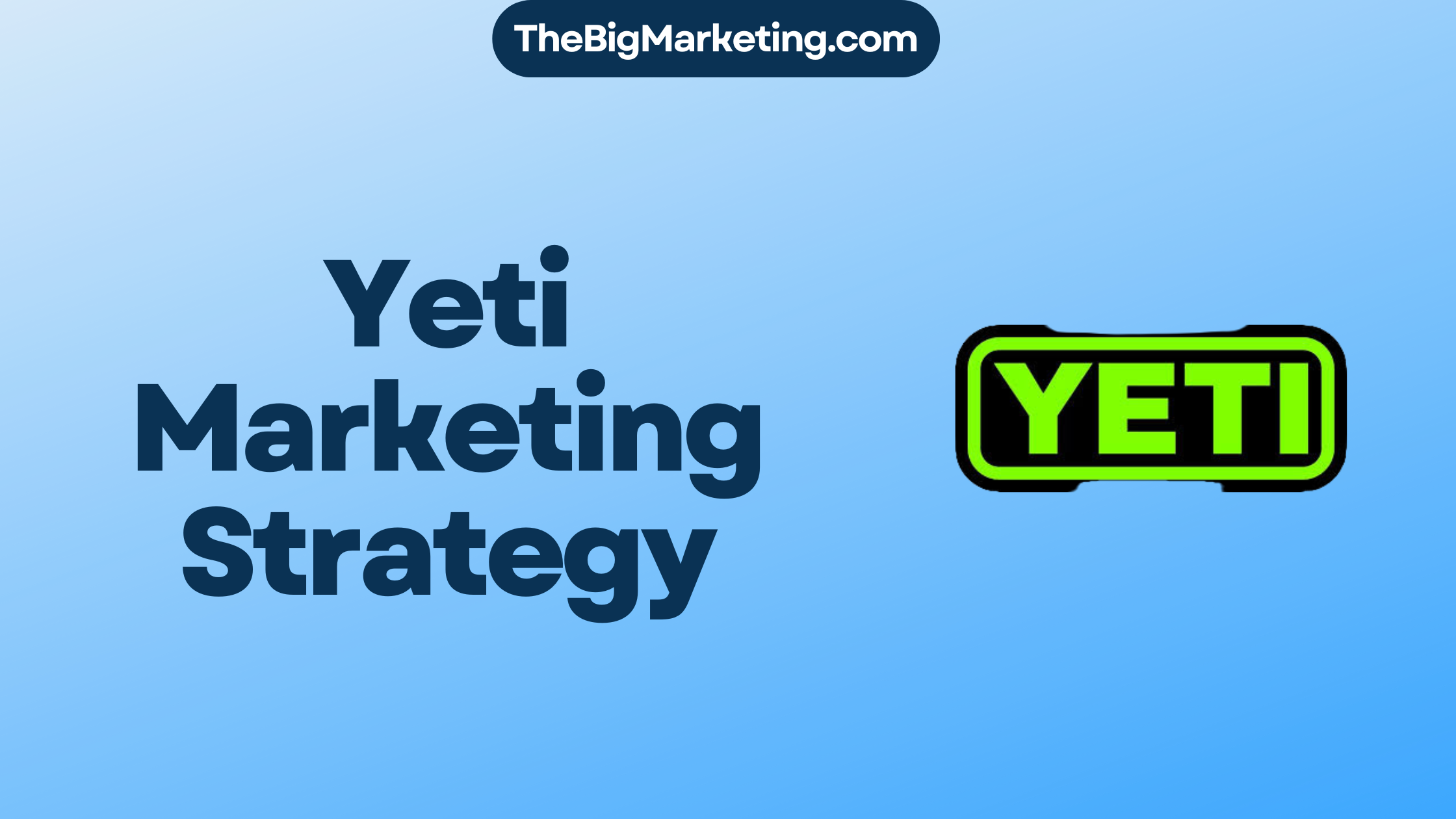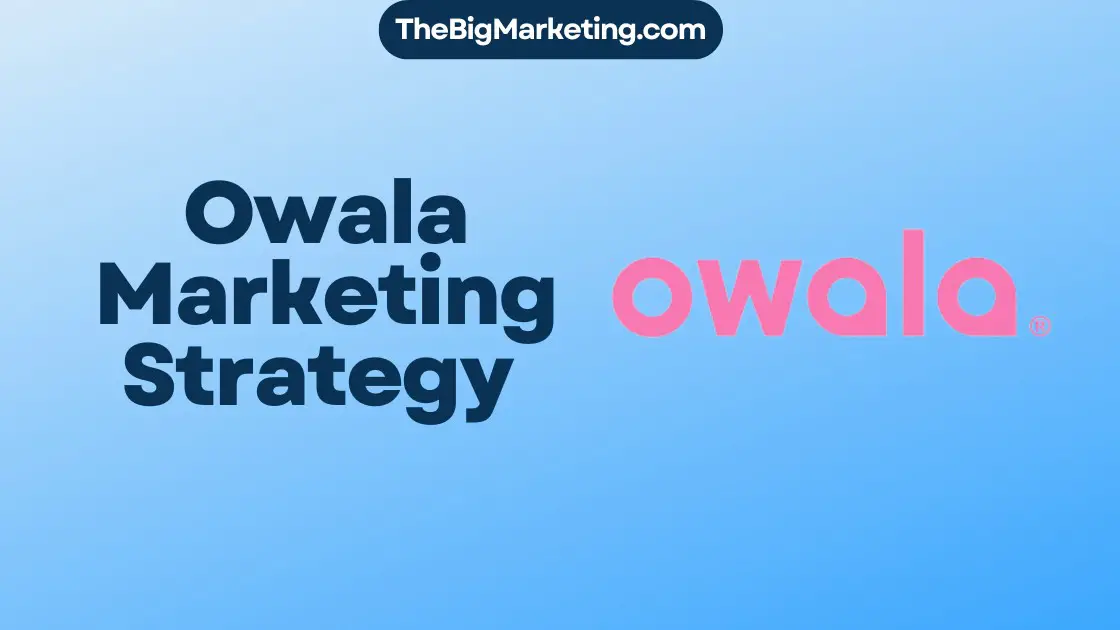Welcome to our insightful case study on Bloomberg L.P.’s marketing strategy for 2024. As one of the leading companies in the financial industry, Bloomberg L.P. has revolutionized the way financial data is delivered and consumed. In this article, we will delve into their comprehensive marketing approach, exploring their segmentation, targeting, and positioning strategies. Additionally, we’ll examine their diverse marketing campaigns, social media tactics, SEO strategies, influencer partnerships, e-commerce strategies, and content marketing initiatives.
Key Takeaways:
- Bloomberg L.P. utilizes a multi-faceted marketing strategy to cater to their target audience.
- Their segmentation focuses on Millennials, Gen-Zs, business leaders, brand partners, and global decision-makers.
- Marketing campaigns play a crucial role in building brand awareness and attracting new customers.
- Social media marketing enables Bloomberg to engage with their audience and raise awareness about social and global causes.
- Bloomberg prioritizes SEO to position themselves as a reliable source for business and financial news.
About Bloomberg
Bloomberg L.P. is a global leader in financial, news, media, and business insights. Founded by Michael Bloomberg in 1981, the company delivers financial software tools, analytics, and equity trading platforms to financial companies. Their dominant revenue earner is the Bloomberg Terminal, providing detailed information about financial markets. With a vision of delivering data news and analytics through innovative technology, Bloomberg has become a trusted source for accurate financial information.
Key Details:
- Founded: 1981
- Founder: Michael Bloomberg
- Industry: Financial Services, Media
- Main Products/Services: Financial software tools, data services, news media
Financial Software Tools and Data Services:
Bloomberg offers a range of financial software tools and data services that cater to the needs of financial companies. Their flagship product, the Bloomberg Terminal, is widely used by traders, analysts, and financial professionals to access accurate and real-time market data, news, and analytics. The terminal provides a comprehensive view of financial markets, helping professionals make informed investment decisions.
News Media:
In addition to their financial software tools, Bloomberg is a prominent player in the news media industry. They provide news coverage on various topics such as business, finance, technology, politics, and more. Bloomberg News is well-known for its comprehensive and timely reporting, delivering critical insights to its audience.
Michael Bloomberg:
Michael Bloomberg, the founder of Bloomberg L.P., has had a significant impact on the financial industry and philanthropy. Apart from his involvement in the company, he served as the Mayor of New York City for three terms and has actively dedicated himself to addressing global challenges such as climate change and gun control.
| Years | Key Milestones |
|---|---|
| 1981 | Michael Bloomberg founds Bloomberg L.P. |
| 1983 | Launch of the Bloomberg Terminal |
| 1990 | Bloomberg News is established |
| 2002 | Michael Bloomberg becomes the Mayor of New York City |
| 2020 | Bloomberg L.P. expands its offerings with data services and news media |
Segmentation, Targeting, and Positioning
Bloomberg understands the importance of segmentation, targeting, and positioning to effectively reach its desired audience. The company specifically targets two key demographic groups: Millennials (26 to 41 years old) and Gen-Zs (10-25 years old). By focusing on these age groups, Bloomberg aims to provide the information and insights that resonate with their interests and preferences.
Bloomberg’s target audience comprises a diverse range of individuals, including college students, business leaders, brand partners, and global decision-makers. This strategic approach allows the company to cater to the needs and priorities of its various stakeholders, establishing strong connections and delivering value.
To position itself as a trusted source of business and market-moving news, Bloomberg prioritizes in-depth, always-on global coverage. They understand the importance of delivering accurate and timely information to help business leaders make informed decisions and drive action. This positioning ensures that Bloomberg remains a go-to resource for its target audience, attracting and retaining their attention.
| Target Audience | Demographic |
|---|---|
| Millennials | Aged 26 to 41 |
| Gen-Zs | Aged 10 to 25 |
| College Students | Aspiring professionals seeking financial insights |
| Business Leaders | Entrepreneurs, CEOs, and executives making key business decisions |
| Brand Partners | Companies collaborating with Bloomberg for mutual growth |
| Global Decision-Makers | Policy-makers, diplomats, and influencers shaping the world |
By focusing on this target audience, Bloomberg positions itself as a trusted partner for business leaders, providing the information and insights they need to navigate the global marketplace successfully. Through segmentation, targeting, and positioning strategies, Bloomberg maintains its relevance and influence in the financial and media industry.
Marketing Campaigns
Bloomberg L.P. employs a multi-faceted approach to its marketing campaigns, utilizing various media channels and content formats to amplify brand awareness and disseminate accurate financial data. Through astute campaign planning and execution, Bloomberg ensures that it remains a prominent figure in the financial industry.
Podcasts, Radio, and Television
Bloomberg leverages the power of podcasts, radio, and television to engage with its target audience and deliver relevant financial insights. By producing compelling and informative content, Bloomberg captivates listeners and viewers, establishing itself as a trusted source for accurate financial information. Moreover, these channels serve as platforms to promote brand awareness and generate interest in Bloomberg’s diverse range of offerings.
Quicktake: Bloomberg’s Global Video Network
A key component of Bloomberg’s marketing campaigns is Quicktake, its global video network. Quicktake allows Bloomberg to reach a vast audience across various digital platforms and social media channels. With captivating video content, Bloomberg reinforces its brand presence and drives engagement, effectively communicating accurate financial data to viewers worldwide.
Driving Brand Awareness
Bloomberg places significant emphasis on driving brand awareness through its marketing campaigns. By sharing the latest news and information, Bloomberg piques audience curiosity and prompts them to seek accurate financial data from trustworthy sources. These campaigns aim to attract target audiences and direct traffic to the Bloomberg website, establishing the company as a go-to destination for comprehensive financial insights.
One notable ongoing campaign, titled “Before you change the world. Bloomberg.”, centers around promoting Bloomberg’s app and attracting subscribers. By showcasing the transformative potential of their app, Bloomberg entices individuals who aspire to make a positive impact in the world.
In addition to their app promotion, Bloomberg partners with influential figures and organizations to collaborate on initiatives that revolve around climate data and sustainable practices. By aligning with recognizable figures, such as the President of France, Bloomberg solidifies its commitment to tackling global challenges and amplifies its brand’s reach.
To further enhance brand awareness, Bloomberg adopts an omnichannel approach, leveraging various marketing touchpoints such as social media, digital advertising, and events. This comprehensive strategy allows Bloomberg to reach its target audience effectively and position itself as a leader in the financial industry.
| Type of Campaign | Objective | Key Result |
|---|---|---|
| Podcasts, Radio, and Television | To engage with the target audience and deliver relevant financial insights. | Increased brand recognition and trust among listeners and viewers. |
| Quicktake: Bloomberg’s Global Video Network | To reach a vast audience across digital platforms and social media channels. | Increased audience engagement and expanded brand reach. |
| Driving Brand Awareness | To attract target audiences and direct traffic to the Bloomberg website. | Increased website traffic and brand recognition. |
| Partnerships with Influential Figures | To collaborate on initiatives related to climate data and sustainability. | Elevated brand reputation and extended reach through influential partnerships. |
Social Media Marketing
Bloomberg understands the importance of harnessing the power of social media platforms to connect with their audience. They have established a strong presence on major social networking sites, including LinkedIn, Twitter, Instagram, and Facebook. By leveraging these platforms, Bloomberg effectively engages with their followers and shares valuable content related to financial insights and news.
LinkedIn is a particularly significant platform for Bloomberg, where they have built a substantial following. Through their LinkedIn page, they frequently share informational and promotional content, catering to the interests and needs of their target audience. By providing valuable insights and analyses, Bloomberg positions itself as a thought leader within the financial industry on this platform.
In addition, Bloomberg utilizes Twitter as a platform for real-time news updates and engages with their audience through tweet interactions. Their Twitter strategy focuses on delivering concise and impactful information that resonates with their followers.
Instagram and Facebook serve as platforms for Bloomberg to connect with a wider audience and showcase their commitment to social and global causes. By using high-quality visuals and compelling storytelling, they raise awareness about important issues and drive engagement.
Bloomberg’s social media marketing strategy effectively taps into the power of these platforms to enhance brand visibility and connect with their target audience. Their engaging and informative content on LinkedIn, Twitter, Instagram, and Facebook enables them to build strong relationships with their followers and reinforce their position as a trusted source of financial information.
| Social Media Platform | Key Strategy |
|---|---|
| Sharing informational and promotional content, positioning Bloomberg as a thought leader | |
| Real-time news updates and tweet engagements | |
| Instagram and Facebook | Raising awareness about social and global causes through compelling visuals and storytelling |
SEO Strategies
Bloomberg places a strong emphasis on SEO, with a significant presence in 17.6 million Google keyword searches. This reflects the effectiveness of their SEO strategies in driving organic traffic to their website. The company’s commitment to providing comprehensive and accurate business and financial news positions them as a reliable source for their audience’s needs.
Through careful optimization of their online content, Bloomberg has successfully ranked high in search engine results, attracting a substantial volume of organic traffic. This demonstrates their understanding of the importance of keyword searches in capturing the attention of their target audience. By leveraging SEO techniques, Bloomberg ensures their content aligns with the information their audience is actively seeking, increasing visibility and driving organic traffic to their website.
Bloomberg’s SEO success is rooted in their commitment to delivering accurate, up-to-date, and relevant business and financial news. By consistently providing valuable content, they not only attract organic traffic but also establish themselves as a trusted source within the industry.
In addition to utilizing effective SEO strategies, Bloomberg employs various tactics to engage their audience, such as creating high-quality articles, videos, and interactive features. These efforts not only enhance their search engine rankings but also provide value to their audience, further solidifying their position as an authoritative resource.
Influencer Marketing
As a prominent media company, Bloomberg L.P. not only focuses on its own platforms but also actively collaborates with other organizations to enhance its reach and impact. One notable partnership is with the President of France on the Open Data Steering Committee, which emphasizes Bloomberg’s commitment to providing accurate climate data and driving action against climate change.
The Open Data Steering Committee collaboration is a strategic move that further cements Bloomberg’s position as a key influencer in the financial and media industries. By leveraging partnerships with influential figures and organizations, Bloomberg can effectively advocate for important causes and contribute to positive change.
Bloomberg’s involvement in the Open Data Steering Committee not only showcases its dedication to accurate climate data but also highlights the company’s proactive approach to leveraging influencer marketing. By collaborating with influential partners, Bloomberg can extend its reach and impact, making a significant difference in addressing climate change and other global challenges.
E-commerce Strategies
Bloomberg employs effective e-commerce strategies to streamline the buying process and enhance website engagement. By offering their plans and products directly on their website, customers/subscribers can make purchases without the need to navigate away. This seamless shopping experience not only improves on-page engagement time but also contributes to Bloomberg’s search engine ranking.
One key aspect of Bloomberg’s e-commerce approach is the integration of their own apps, delivering instant news and data directly to customers. This eliminates the need for customers to visit other websites, keeping them engaged within the Bloomberg ecosystem.
By leveraging their e-commerce strategies, Bloomberg effectively maximizes website engagement and on-page engagement time. This not only drives conversions and sales but also creates a cohesive user experience, further solidifying their position as a leading financial information provider.
| E-commerce Strategies | Benefits |
|---|---|
| Direct selling on website | Seamless shopping experience |
| Integration of own apps | Instant access to news and data |
| Maximized website engagement | Increased on-page engagement time |
Conclusion
In conclusion, Bloomberg L.P. has implemented a robust and effective marketing strategy that has propelled them to the forefront of the financial and media industry. Their global reach and innovative approach have allowed them to leverage various channels and engage with their target audience effectively.
Bloomberg’s strengths lie in their extensive product portfolio, which includes financial software tools, data services, and news media. Their commitment to sustainability and innovation sets them apart from their competitors, solidifying their position as a trusted and influential player in the market.
However, there are areas for improvement. Bloomberg should prioritize addressing customer dissatisfaction and fostering critical thinking within their organization. By paying attention to these weaknesses, they can enhance customer loyalty and ensure continued success.
Looking ahead, Bloomberg has exciting opportunities for growth. Expanding their digital marketing efforts and venturing into new markets can help them attract a wider audience and drive revenue. Additionally, investing in the development of artificial intelligence technologies can position them as pioneers in their industry.
Finally, Bloomberg must be vigilant in navigating potential threats, such as economic crises and competition from new entrants. By staying agile and proactive, they can maintain their market leadership and overcome challenges as they arise.
In summary, Bloomberg L.P.’s marketing strategy showcases their strengths, highlights opportunities for growth, and emphasizes the need to address weaknesses and threats. Their commitment to innovation, sustainability, and delivering valuable financial information positions them as a force to be reckoned with in the financial and media industry.






